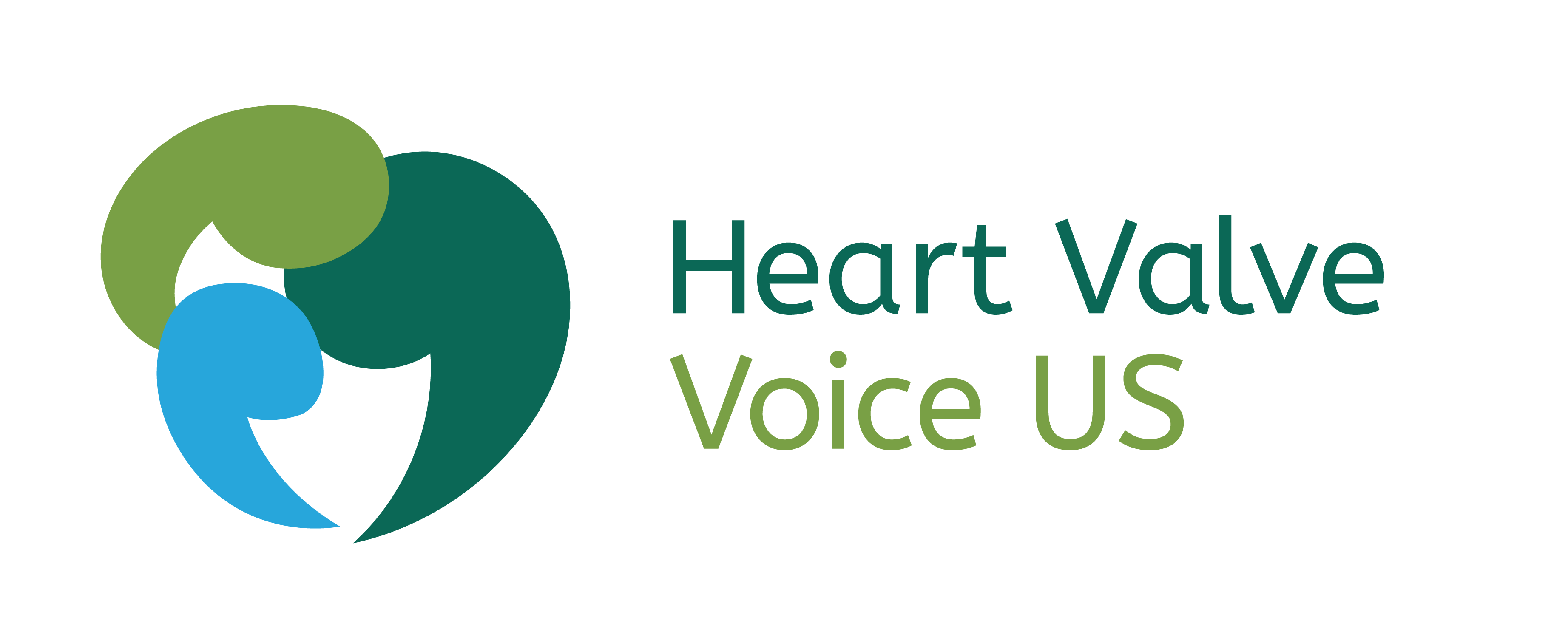COVID-19 (Coronavirus) has presented the world with an unprecedented public health challenge. Its rapid spread has caused significant alarm and disruption across the globe. Understandably, those living with heart valve disease and those recovering from a recent surgery or procedure are both anxious and concerned. Accordingly, we would like to take this opportunity to share expert opinion on the virus and the effects the current disruption could have on heart valve disease patients.
COVID-19 is an illness that can affect your lungs and airways and is a newly found strain of a virus called coronavirus. With the number of cases around the world set to increase, hospitals have begun preparing for an expected increase in patient admissions. Some hospitals are cancelling procedures and limiting surgeries and interventions to urgent and emergency cases to reduce the strain on staffing and beds.
Hospitals will continue to treat valve disease, but the current pressures will result in delays and a reduction in the number of elective procedures. The decisions on who will be treated will be based on clinical need, with those in most need of treatment being prioritized.
What should I do if I am due to have heart valve surgery or have a heart valve procedure?
If you are due to have surgery, you should continue to prepare for it unless told otherwise by your clinician. If your surgery is rescheduled for a later date, you should monitor your symptoms closely. If your symptoms get worse and you begin to feel unwell, you should report this to your primary care provider, call your hospital medical team or in severe cases, call the emergency services.
What should I do if I have recently had heart valve surgery or a heart valve procedure?
Patients who have recently had a procedure have an increased risk of infection due to cuts/incisions which may be exposed to germs. The normal risk of infection for heart valve disease patients is low, but in the current situation you should take every extra measure to limit your risk of infection such as practicing self-quarantine and limiting contact with persons who have traveled outside of the country within the last 30 days. If you do begin to feel unwell you should contact your hospital medical team or call the emergency services.
How do I reduce my risk of contracting the COVID-19 virus?
Currently, there is no vaccine to prevent COVID-19 and the best way to prevent illness is to avoid being exposed to this virus. For all heart patients, prevention is key. While it is normal to feel anxious about how this condition might affect you, if you are not exposed to the virus, you are at no greater risk of developing COVID-19 than anyone else. However, if you do contract the virus, you have a higher chance of developing complications. Coronavirus is spread by droplet infection – coughing and sneezing or by close contact with someone who has the virus.
As this is a new illness, we do not know how easily the virus spreads from person to person. It is very important therefore to limit close contact.
Key recommendations are:
- Immediately stop all non-essential contact with others. This is particularly important for people over the age of 70 years of age. Do not shake hands – try and keep a distance of six (6) feet between you and others.
- Work from home if and where possible.
- Stop all unnecessary travel.
- Avoid crowded places, especially indoor venues.
- Limit your children’s interactions with other children and ensure they do not have contact with older people (i.e. grandparents).
- Wash your hands regularly and thoroughly with soap and hot water – do this for at least 20 seconds at each wash.
- Use hand sanitizer if soap and water are not available.
- Cover your mouth and nose with a tissue or your sleeve (not your hands) when you cough or sneeze.
- Put your used tissues in the trash immediately and wash your hands afterwards.
- Avoid close contact with people who are unwell and are presenting “flu-like” symptoms.
- Do not touch your eyes, nose or mouth if your hands are not clean.
- Do not share objects that touch your mouth, for example bottles or cups.
What are the symptoms of COVID-19?
The main symptoms to watch out for are:
- a cough
- a high temperature, above 100.4F
- shortness of breath
- breathing difficulties
Other symptoms are fatigue, headaches, sore throat, aches and pains.
Remember these symptoms do not necessarily mean you have the illness. The symptoms are similar to other illnesses that are much more common, such as cold and flu.
If you are experiencing any of these symptoms and feel you need medical help, you should follow the guidelines issued by your health authority on how best to seek medical help.
Any heart valve patient with progressive or new onset symptoms, particularly syncope (fainting, ‘passing out’ or collapse) should contact their doctor immediately.
There are many reasons why people may be feeling anxious or concerned about what might happen to them or their loved ones over the coming months. However, remind yourself that some of the best minds in the world are working hard to ensure that we are safe and well. The Valve Council of the Global Heart Hub is being advised by medical and public health experts, and we will keep you updated on any changes in information that could affect those living with heart valve disease.
These are truly unique times. Right now, we need to pull together to ensure that we best protect our neighbors, friends and family. Remember – for updates on what you need to do, only consult reliable sources and follow CDC guidelines for prevention. If you have any questions or concerns, contact your primary care provider, cardiologist or local hospital.

